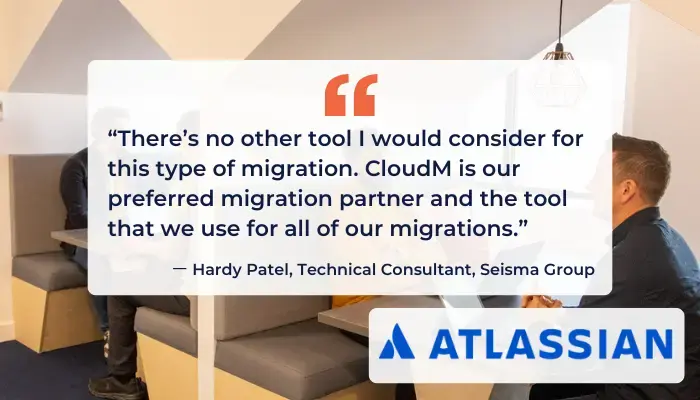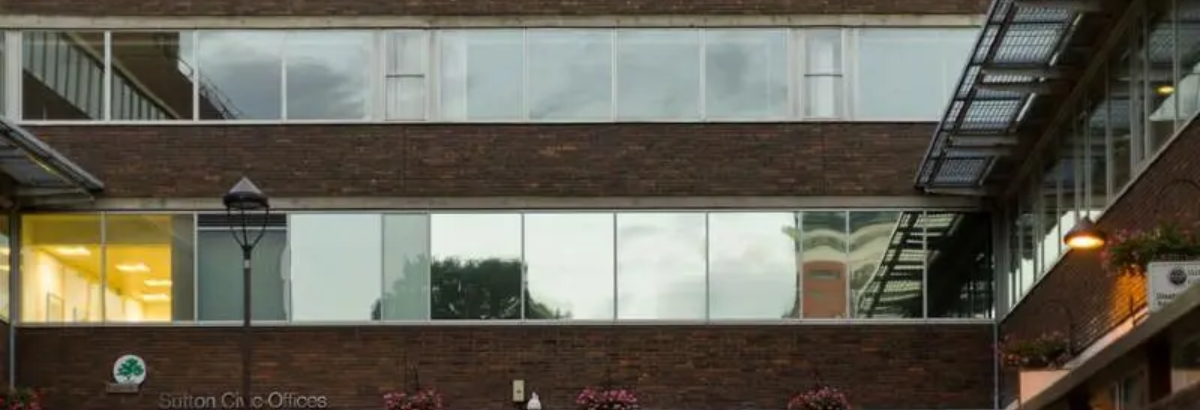The Company
Kingston and Sutton Council districts have a shared digital strategy that sees both boroughs using technology to improve services, help residents, and reduce council costs. The Digital Innovations Team is responsible for the IT of both councils.
“Restoring email has always been a problem, but not with CloudM Archive” Jamie Tanner, Digital Innovations
The Project
Between them, the councils have almost ten thousand users in their systems, and because of people constantly coming and going, archiving, onboarding and offboarding were becoming too time-consuming, complicated, and expensive.
When they contacted us, Digital Innovations were using two separate Cloud products at the same time to manage their users. Both products together were able to get the job done, but the client wanted one platform to handle everything, including archiving, and that’s where we came in.
Things were brought to a head with the COVID-19 lockdown, and while the client was in a good position to work from home already having everything in the Cloud, simple things like onboarding and offboarding became more complicated.
Archiving before CloudM
The biggest issue for the client was user data “just sitting collecting dust”. To keep user data, the IT team had to create a bunch of dummy accounts and transfer a leaver’s data to that account.
If a manager wanted some information, the team had to try and find it, which took up so much time. “It just wasn’t a good process,” explains Jamie Tanner from Digital Innovations. “In our line of work, working with councils, everyone’s data is different and you can’t treat it all the same. Some need to be kept and others destroyed. Others again need to be kept, but secured due to confidentiality agreements.”
“We had two workflows, one for data we wanted to keep, and one for data we didn’t. It was the only process available to us and was complicated and time-consuming.”
CloudM Archiving would clear up so much space. The client already used Google platforms for all their emails, drive storage, and documents, so having everything under one roof was easier for everyone.
Shared drives before CloudM
The client had another issue around shared drives “We didn’t want a person owning a document and sharing it with 37 people and then that person leaves, leaving that document in limbo,” says Jamie.
“That would mean we have to go in and find the file, then restore it and change permissions.”
“Our service desk gets so many of these types of requests; a file gets deleted and everyone loses access. Then they get a ticket to try to restore it, which is easy enough, but it’s the time that it takes up which is the problem – that extra bit of work that isn’t necessary.”
The Result
After switching to CloudM Archive, everything changed. The client is no longer wasting time setting up dummy accounts for people who don’t even work there anymore, no more wasted hours searching for an old email that may or may not have some important information, and no more time-consuming tickets for the IT department to work through.
“The time you get back from having a simple user interface you click into compared to our process of how we would restore things is night and day. It used to take a full afternoon to restore something and now it’s literally a few clicks.”
After the trial period, the IT department were sold. As Jamie explained, “I brought it to the service desk managers to explained the value of it, then my managers, and then to the head of IT; I basically turned into a salesman for CloudM and sold it to everyone!”
Find out more about CloudM Archive












